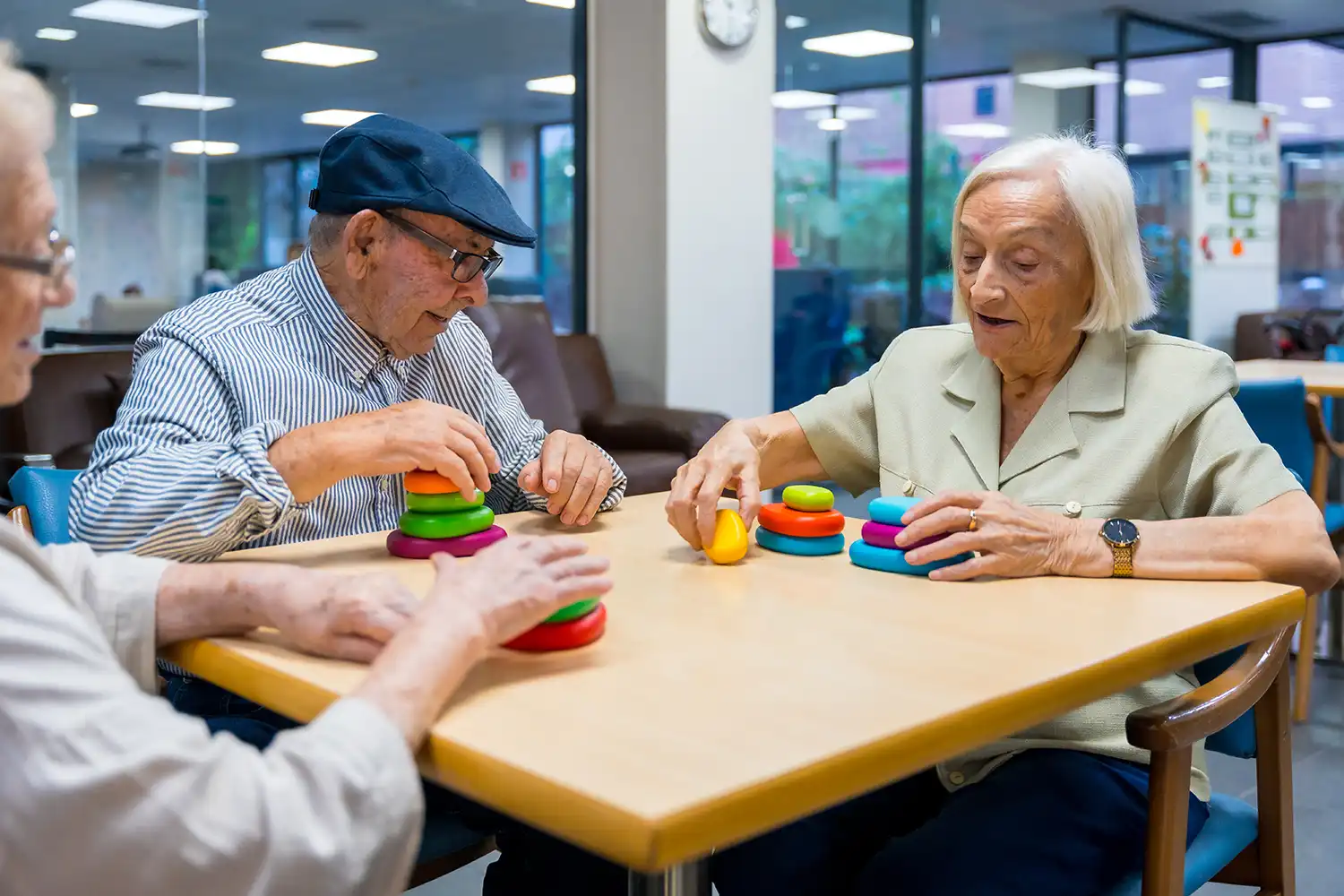An enlarged prostate gland, or benign prostatic hyperplasia (BPH), is a common problem in men over the age of 50. For reasons that remain unclear, the walnut-shaped gland under the bladder continues to grow gradually in most adult men. Over a lifetime, the cumulative growth can be considerable. If the gland becomes enlarged enough to obstruct the bladder, it can cause bothersome symptoms like a weak urine stream, difficulty with completely emptying the bladder, and frequent trips to the bathroom.
If you experience these symptoms, talk with your doctor. A physical exam and some blood tests can help identify the path to relief.
Some simple changes in behavior can help to ease urinary symptoms whether you choose treatment or not:
- Avoid drinking fluids for one to two hours before bed.
- Limit fluid intake before going out in public or starting a trip.
- Urinate when you first get the urge.
- Go to the bathroom on a timed schedule, even if you don’t feel a need to go.
- When you go to the bathroom, take the time to empty your bladder completely. This will reduce the need for subsequent trips to the toilet.
- Common over-the-counter drugs, such as antihistamines and decongestants, may slow your stream even more and potentially block your ability to empty your bladder.
Reference: Posted in Harvard Health Publishing (2024), Available at: https://www.health.harvard.edu/mens-health/natural-ways-to-treat-an-enlarged-prostate/ (Accessed: 29 May, 2025)





